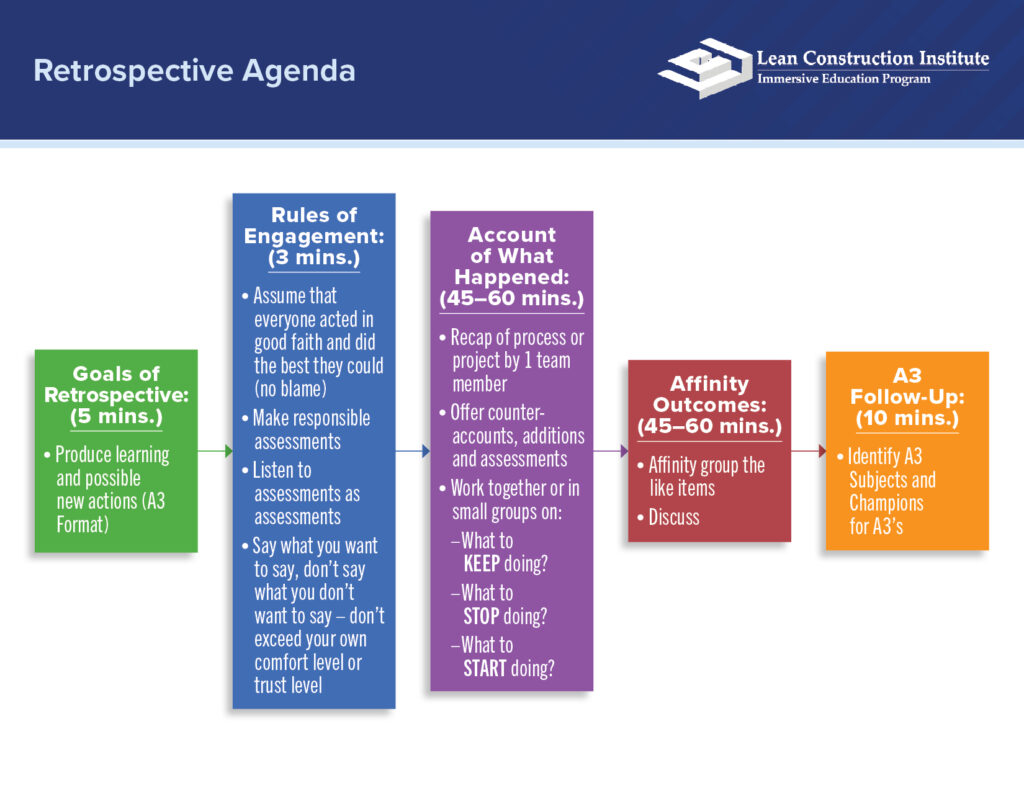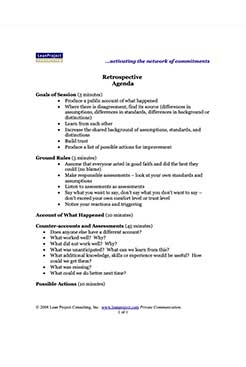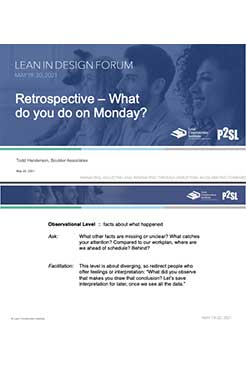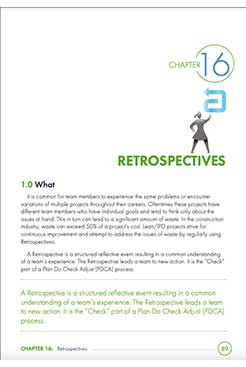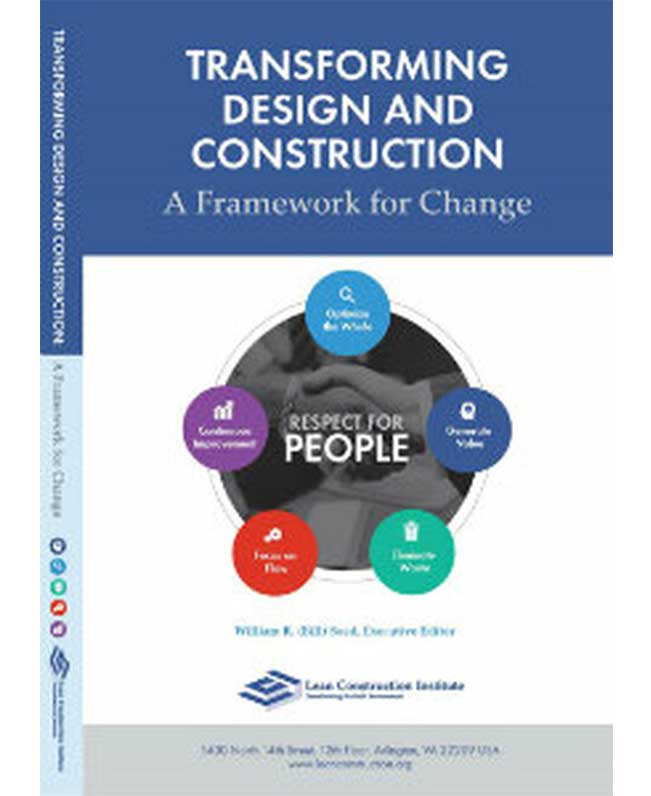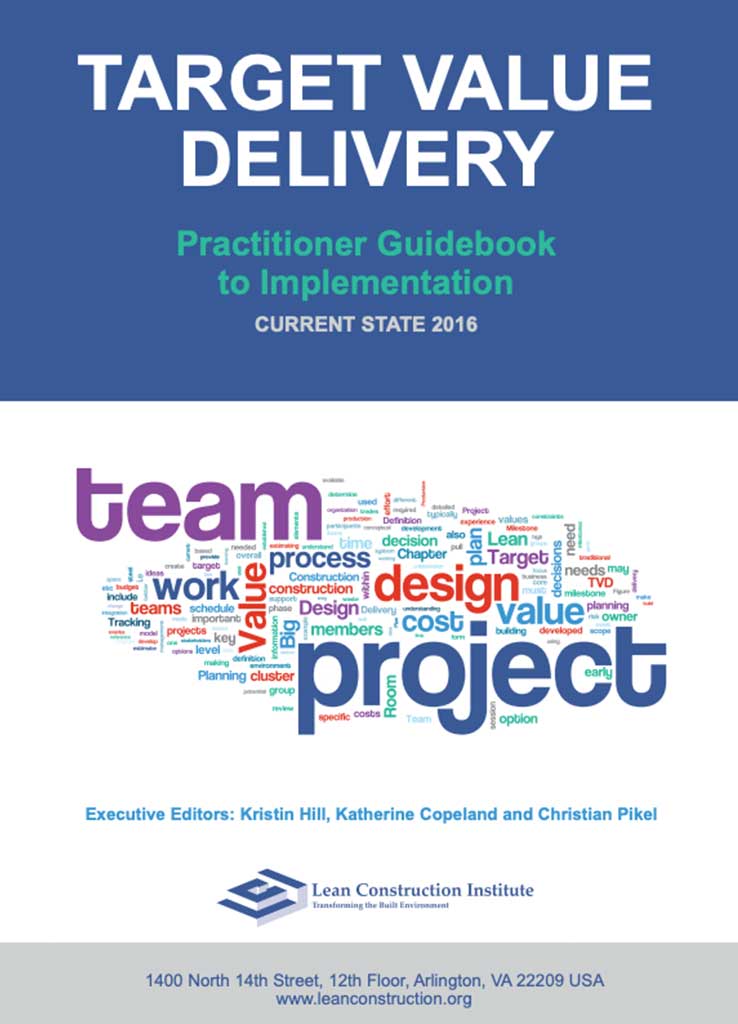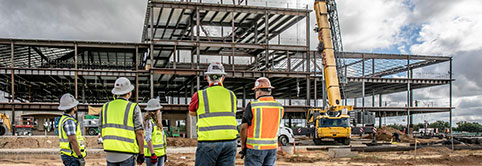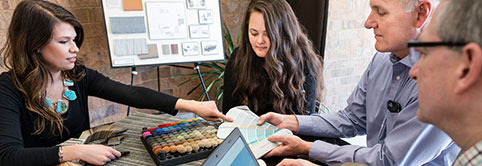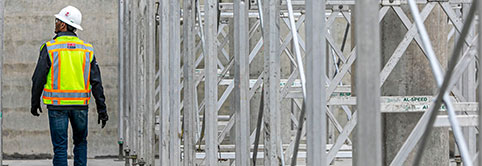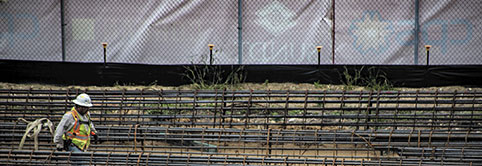Retrospectives
Intro to Retrospectives
In the design and construction industry, it’s common for people to experience similar issues on projects. Sometimes, the same problem can even pop up again and again within the course of a single project, encountered by different individuals.
Without being properly equipped to deal with these repeating roadblocks, team members will produce a lot of waste trying to solve the same problem – waste that could be eliminated through simple retrospection. This is the reason continuous improvement is such an important principle of Lean.
The goal of Retrospectives is to pool the collective knowledge of team members at regular intervals to ensure that continuous improvement is always occurring, and to eliminate waste caused by a lack of communication.
What Are Retrospective Meetings?
Retrospective meetings, or “Retrospectives”, are structured reflective events resulting in a common understanding of a team’s experience. The Retrospective leads a team to new action. It is the “Check” part of a Plan Do Check Adjust (PDCA) process. Check out this video in the 12 part series.
Types of Retrospectives
A key component to all Retrospective discussions for Lean process improvement is that they are respectful in tone. These are not meetings for airing grievances or levying blame at members of the team, but for constructive, collective problem-solving.
If your team is struggling with this, remember that this is a discussion of process, not of people. A Lean mindset means keeping the focus on the process – where waste can be removed and where value can be added.
Quick-format Retrospectives
These are a brief version of Retrospectives using the Plus-Delta format, reflecting more on the short-term. Since these are often held during Daily Huddles or weekly work meetings, this discussion is generally based around what was done since the most recent meeting.
These discussions can be conducted at the end of every meeting or work session. Usually, 10-15 minutes are allotted for this to occur.
Regularly Occurring Retrospectives
These are conducted at the completion of work cycles or on a recurring basis such as every three weeks.
These discussions involve a broader analysis than Quick-format Retrospectives – these discussions should cover a larger swath of time and a bigger chunk of the project. They are also more structured discussions as teams often prepare for these Retrospectives by bringing points of discussion for the meeting.
During these meetings, the team reflects on some facet of the workflow. This discussion is fueled by three key questions:
- What do we want to keep doing?
- What do we want to stop doing?
- What do we want to start doing?
Event-based Retrospectives
These are conducted at the completion of major milestones or the declaration of a major breakdown. The agenda for this meeting must be distributed to all members prior to the Retrospective.
Participants must come to the Retrospective prepared to engage in a constructive manner.
How to Improve Retrospective Meetings
If you find that your Retrospectives have not been as productive as you’d like, consider asking yourself and your team these questions:
- Is the discussion turning into one about people rather than process?
- Are the meetings being scheduled at the regular intervals?
- Do you need to increase the frequency with which they occur?
- Is the group taking these discussions seriously, or is it just a box to check?
- Is everyone engaging in the discussion? (It is alright if some people aren’t comfortable speaking, especially at the start. But there should not be one or two people who “take over” these discussions every time they happen.)
- Is every point and perspective being considered?
- Are discussions leading down into rabbit holes? (If a point is brought up that necessitates further discussion, it likely needs to be scheduled as a separate discussion with relevant team members only.)
- Do you need team members to come prepared to discuss specific topics?
- Do you need a third party facilitator to lead the discussions?
- Are the Conditions of Satisfaction serving as the driving force for all discussion?
Lean Assessments
How strong is your Lean knowledge? Take a Lean assessment to determine your current state so you have a baseline for improvement. Lean assessments are available for individuals, teams, and organizations alike. Whether you’re new to Lean or are an experienced Lean practitioner, Lean assessments are a great way to get started at LCI!
TAKE ASSESSMENTMore Lean Topics
From 5s to IPD, explore popular Lean design and construction topics below.

